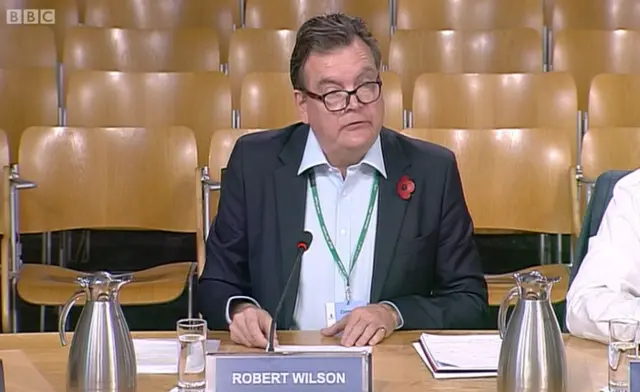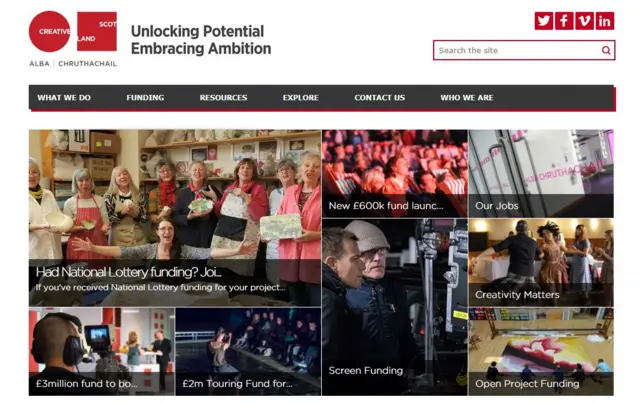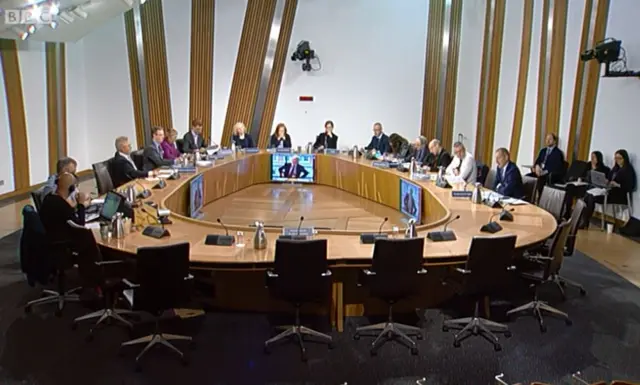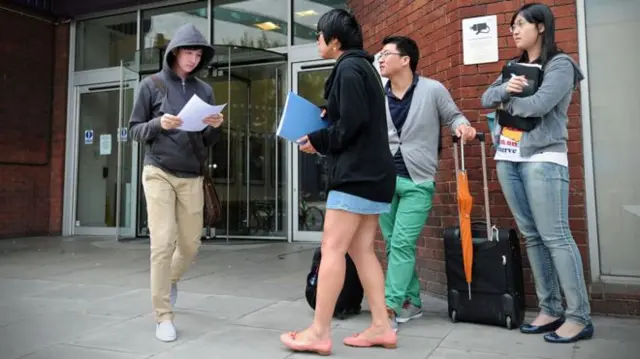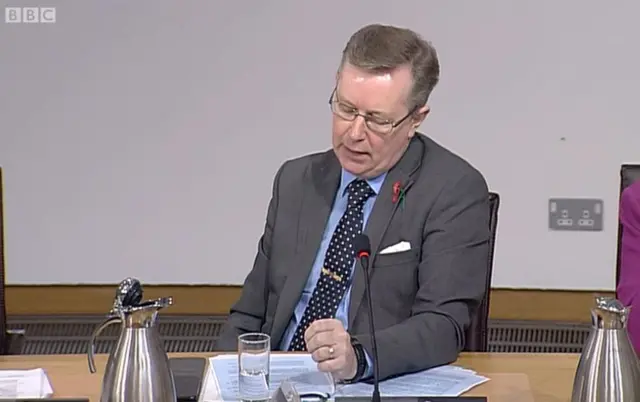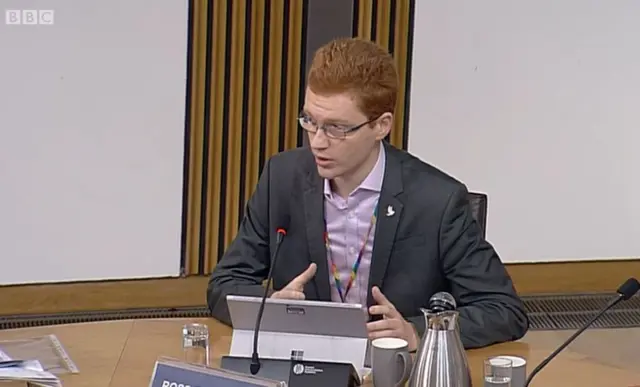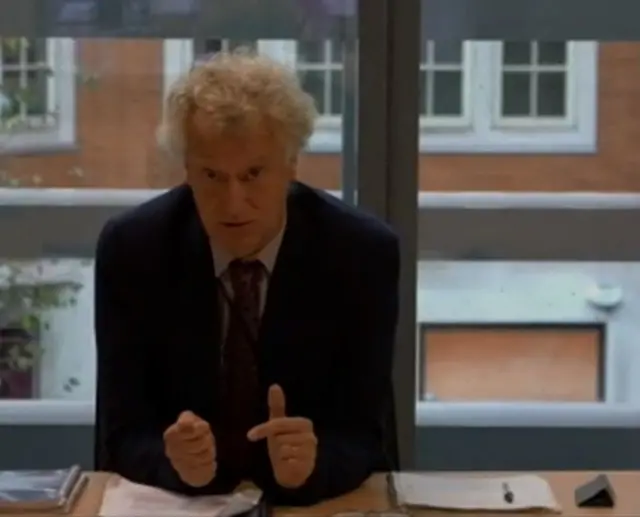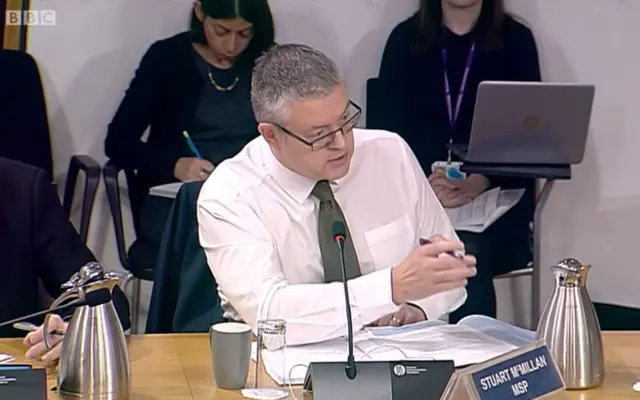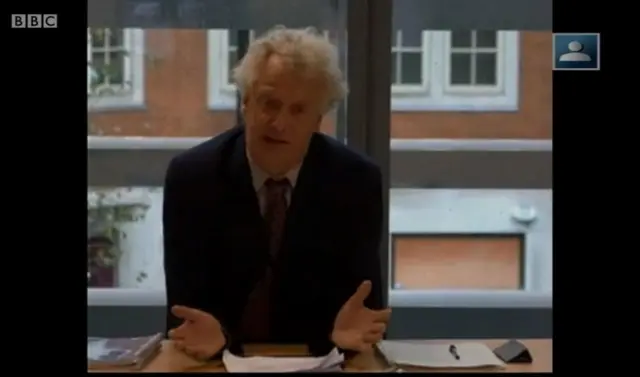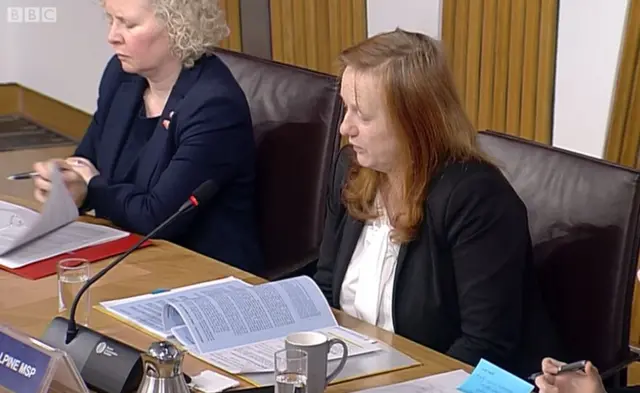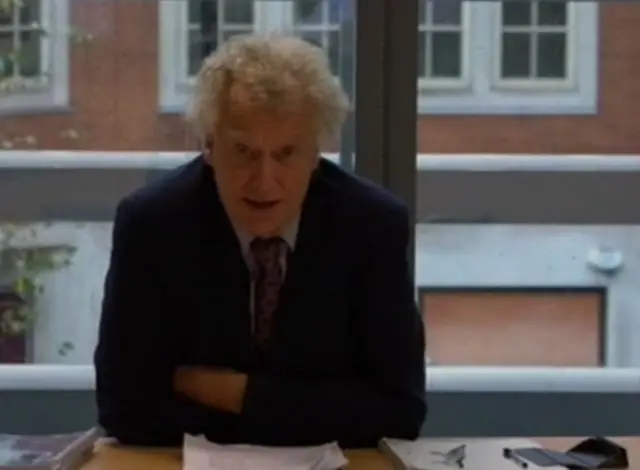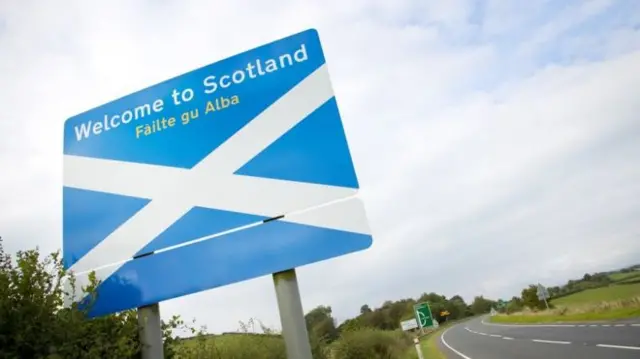'Fundamental changes' needed at Creative Scotland says chairpublished at 10:20 GMT 1 November 2018
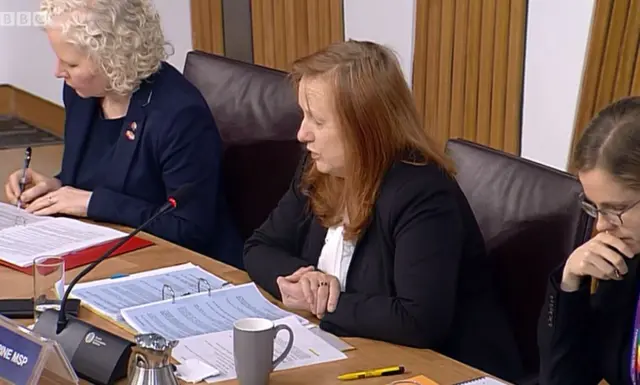 Image source, bbc
Image source, bbcCommittee chair Joan McAlpine
Committee chair Joan McAlpine asks about the organisational review being undertaken by Creative Scotland.
Robert Wilson explains there were some "fundamental changes" needed.
Open Change in Dundee will be the independent organisation conducting the review, he elucidates.
Creative Scotland acting chief executive Iain Munro explains there will be changes to grants under £15,000.
Ms McAlpine asks if all funding will be changed as a result of the review.
Mr Munro says it is important to get the balance between the different funding strands.

